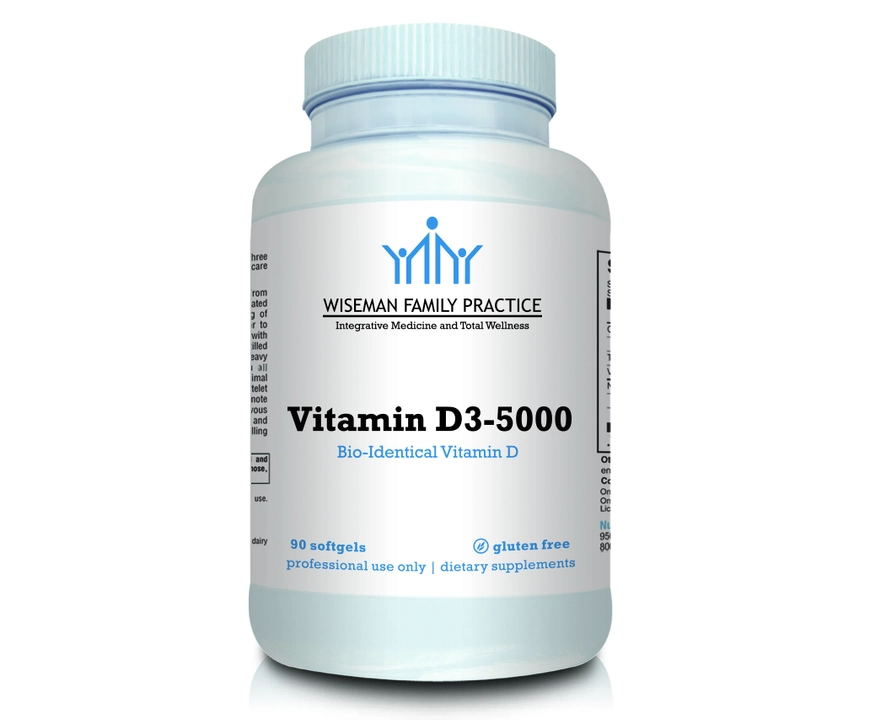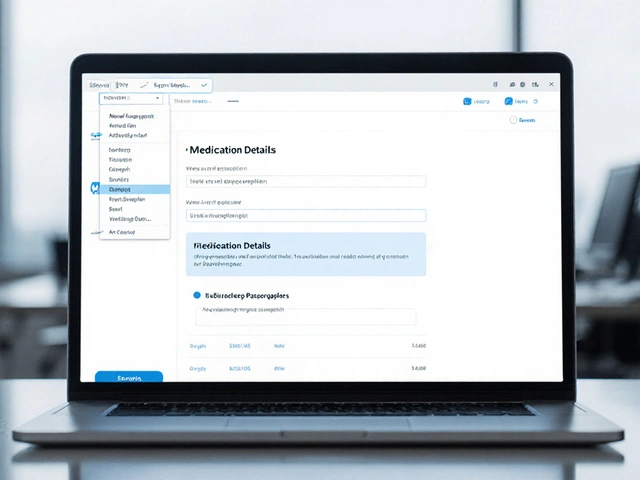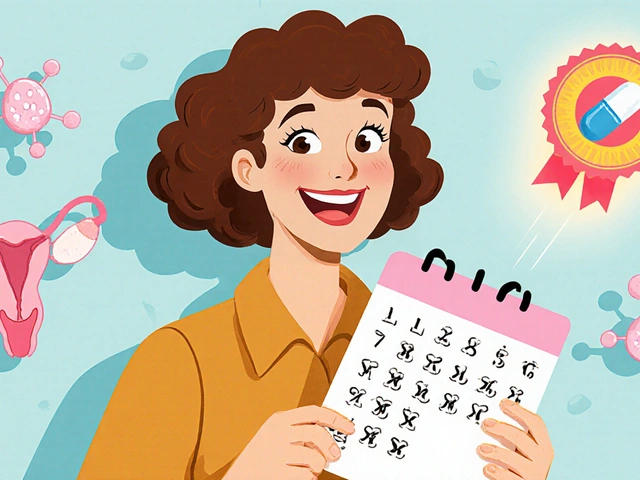Anemia – What It Is and How You Can Fight It
Feeling unusually tired, short of breath, or noticing pale skin? Those could be clues that your blood isn’t carrying enough oxygen. That condition is called anemia. In simple terms, it means you have fewer healthy red blood cells—or less hemoglobin—than your body needs. Hemoglobin is the protein that grabs oxygen from your lungs and delivers it to every cell. When its level drops, everything slows down.
Common Symptoms You Might Notice
Most people first spot anemia because of fatigue that doesn’t go away with sleep. You might also feel dizzy when you stand up quickly, have a fast heartbeat, or experience cold hands and feet. Some folks report headaches, irritability, or trouble concentrating—your brain isn’t getting the oxygen it craves. In severe cases, bruising or bleeding easily can appear because your body’s ability to repair itself is weakened.
These signs overlap with other health issues, so don’t jump to conclusions. If you notice a combination of these symptoms lasting more than a couple of weeks, it’s worth getting a quick blood test. The test will measure hemoglobin and hematocrit levels and tell you exactly how low they are.
Practical Steps to Improve Your Blood
The first step after a diagnosis is figuring out why your iron—or sometimes vitamin B12 or folate—is low. Iron‑deficiency anemia is the most common type, often caused by poor diet, heavy periods, or chronic blood loss. If iron isn’t the problem, doctors might look for other causes like autoimmune diseases, kidney issues, or inherited conditions.
Once the cause is clear, treatment usually starts with what you can change right now:
- Eat more iron‑rich foods. Red meat, poultry, fish, lentils, beans, spinach, and fortified cereals are top choices. Pair them with vitamin C sources—like oranges or bell peppers—to boost absorption.
- Consider supplements. Over‑the‑counter iron pills can help, but they often cause stomach upset. Taking them with food (unless your doctor says otherwise) and a glass of water reduces that risk. Always follow the dosage your healthcare provider recommends.
- Limit inhibitors. Coffee, tea, dairy, and some whole grains contain compounds that block iron absorption. Try to drink those beverages an hour apart from iron‑rich meals.
- Check other nutrients. Vitamin B12 and folate are essential for making red blood cells. If you’re vegetarian or have digestive issues, you might need a supplement.
If diet and supplements aren’t enough, doctors may prescribe stronger iron formulations, vitamin injections, or medications that stimulate red‑cell production. In rare cases—like anemia caused by bone‑marrow problems—a specialist will guide you through more advanced therapies.
Beyond the medical side, small lifestyle tweaks can make a big difference. Regular light exercise improves circulation and helps your body use oxygen more efficiently. Staying hydrated supports blood volume, which keeps your heart from working overtime.
Remember, anemia is treatable in most cases, but ignoring it can lead to serious complications like heart problems or severe fatigue that limits daily life. If you’re unsure about any symptom, schedule a check‑up. A quick lab test and a chat with your doctor can set the right plan in motion.
Bottom line: anemia signals that your blood needs more oxygen‑carrying power. Spotting the signs early, getting tested, eating iron‑smart, and following professional advice are all steps you can take today to feel better tomorrow.

Anemia and Thyroid Health: How Nutritional Deficiencies Affect Hormone Balance
In today's blog post, I want to discuss the relationship between anemia and thyroid health, specifically focusing on how nutritional deficiencies can impact hormone balance. Anemia, a condition characterized by low red blood cell count or hemoglobin, can significantly affect the functioning of our thyroid gland, which is responsible for producing hormones that regulate metabolism. Poor nutrition, particularly the lack of iron, vitamin B12, and folate, can lead to anemia and disrupt the delicate balance of thyroid hormones. To maintain optimal thyroid health, it's crucial to consume a balanced diet rich in essential nutrients. In my next posts, I'll explore more ways to boost our thyroid function and improve overall health.





